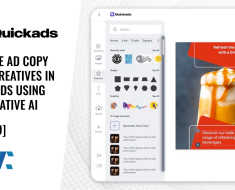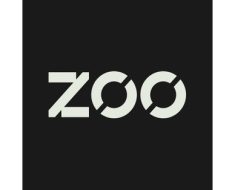You can unlock your potential from large language models (LLMs).
In a word, it’s the prompt. Today’s large language models (LLMs) are reactive machines that respond to your provocation.
At its core, prompting involves the delicate task of formulating questions or statements that guide language models to generate responses that are not only relevant and coherent but also insightful and innovative. This nuanced process is more than a mere input-output transaction; it’s a dance between human creativity and machine learning’s vast capabilities. It’s a dance that’s worth learning and mastering.
The essence of effective prompting lies in understanding the intricacies of these language models. Developed through the analysis of vast swaths of text, these models have been trained to detect patterns, infer context, and generate text that mirrors human-like understanding. However, their prowess is not merely a product of their training data; it’s the result of how users engage with them. The prompts we craft are the keys that unlock the treasure troves of information, ideas, and expressions contained within these models.
To master the art of prompting, it helps to be both a linguist and a psychologist, blending an understanding of language’s structure with insights into the human thought process. It starts with clarity and precision in language, ensuring the prompt is devoid of ambiguity. But it’s also about subtlety and nuance, framing questions in a way that leads the model down the desired path of thought without constraining its creative potential.
Moreover, the power of a well-crafted prompt lies in its ability to leverage the model’s underlying mechanisms. By employing techniques akin to those used in persuasive writing—such as appealing to authority, invoking scarcity, or establishing a connection through likeness—one can guide the model to generate responses that resonate on a deeper level. It’s about painting a picture with words, setting the scene for the model to fill in with its vast knowledge and analytical capabilities.
The true beauty of prompting comes from its iterative nature. Each interaction with a language model is an opportunity to refine your approach, learn from the subtleties of the model’s responses, and adapt the prompts accordingly. It’s a dynamic process, where each prompt is not just a question or a command but a step in an ongoing dialogue between human curiosity and machine intelligence.
This dialogue, however, is not without its challenges. Language models, for all their sophistication, are not infallible. They can misinterpret prompts, draw from biased or inaccurate information, or generate responses that, while grammatically correct, miss the mark in terms of relevance or appropriateness. Navigating these pitfalls requires skill, an understanding of the model’s limitations, and an awareness of the ethical considerations involved in using such technology. In this context, the role of the prompter evolves from that of a mere user to that of a curator, shaping the interaction to ensure that the information generated is not only accurate and useful but also ethically sound and socially responsible. It’s about asking the right questions, in the right way, for the right reasons.
The significance of prompting in the realm of language models cannot be overstated. It’s not just a technical skill but a form of art, blending the science of machine learning with the artistry of human communication. The prompts we craft are more than mere inputs; they are reflections of our intentions, our curiosities, and our desires to explore the boundaries of what’s possible when human ingenuity meets artificial intelligence. By honing our skills in crafting prompts that inspire, challenge, and guide these remarkable models, we unlock new possibilities for innovation, creativity, and understanding. The future of artificial intelligence is not just about the models we build but about the questions we dare to ask them. And in this quest, the art of prompting is a window that reveals our future.



